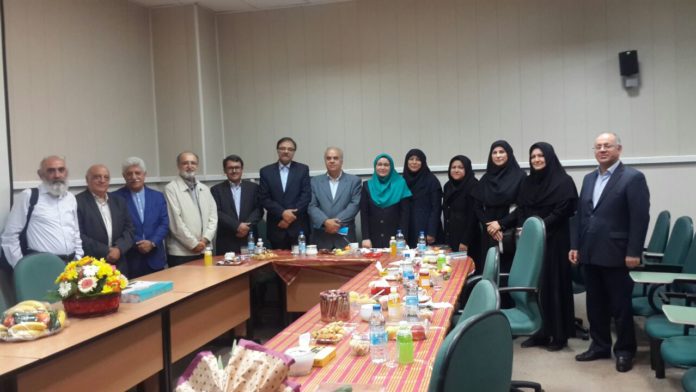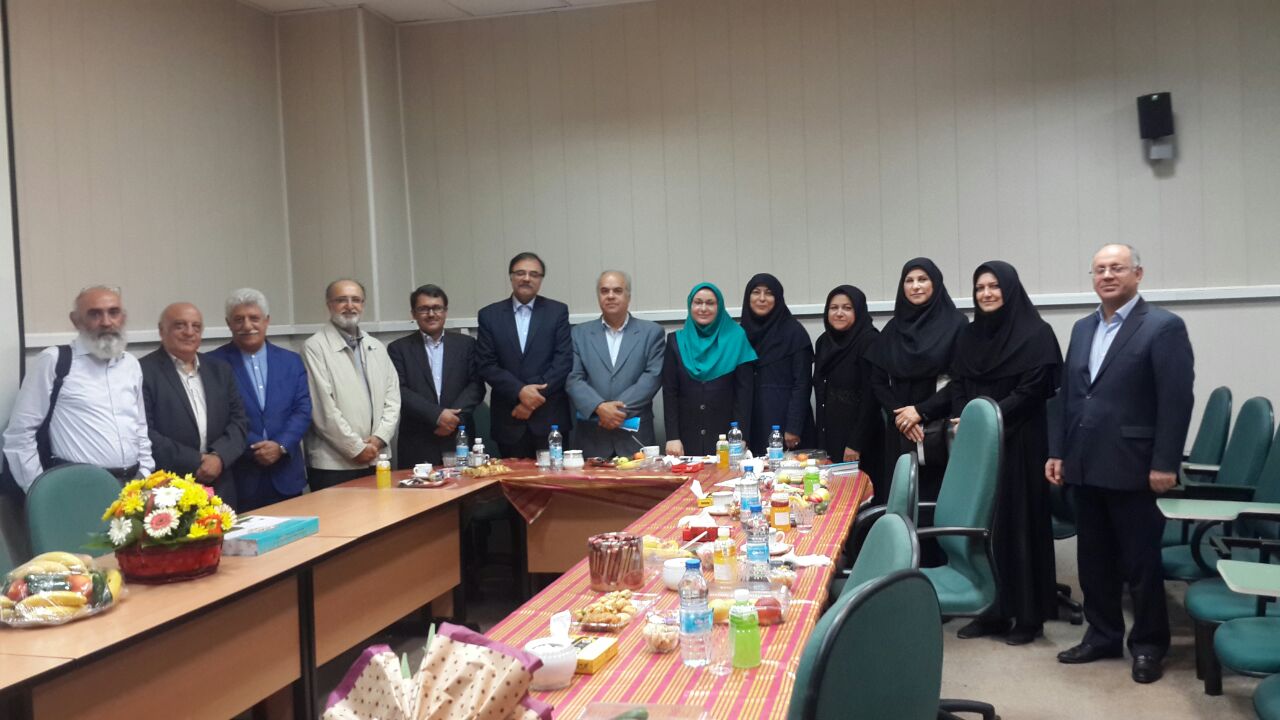By TalkAfrica Correspondent
Maryam Salimi defended her dissertation on the role of data journalism in online media. This is the first dissertation in Iran to cover this area of the media studies.
She dedicated her work to Iran’s journalism and said: “this dissertation is dedicated to Iran’s journalism which is in need of free publication and access to information”.
“There are various factors including technological advances, audience’s need to access hidden data, the publishing economy, the development of the new generation, competitive environment because of the appearance of social media, media’s need to engage the audience as a limited source, the age of internet of objects, the grow of data and big data and free access to data has driven the media across the world to data journalism,” she stated about her main interest to this subject.
She added, “To fulfil this need, we must understand the role of data journalism in media, particularly online media and try to enter this field and utilize its potentials”.
“This research aims to study the role of data journalism in online media and is based on ‘Uses and Gratifications Theory’, ‘Expectation-Utility Theory’, ‘the Theory of Public Spheres’ and ‘Network Society Theory’.
Salami pointed out her research methods included an in-depth interview with 103 data journalism experts (30 countries in 5 continents) and case study (with a focus on UK Guardian data journalism).
“In this study I have tried to answer 37 questions, 30 of which were main questions containing the role of data journalism in online media, the definition of data journalism, the role of big data in the future of data journalism and media interested in this field of journalism, media working with an expert data journalism team and leading countries in this field”.
“Based on the findings, the experts pointed out 11 main roles of data journalism including ‘journalistic’, ‘facilitation of interaction of the audience’, ‘visual’, ‘achieving democracy’, ‘credibility’ roles and highlighting other media’s interest in the field, counted online media as more successful implementing it”.
“The interviewees believed that the future of data journalism is positive and the role of big data along the way is highly significant. Supporting the interests of the audience and media, influencing governments and aiding their interactions have been stated as some of data journalism effects. Guardian and New York Times were mentioned most as media who have data journalism teams and United Kingdom and the United States were mentioned most as the leading countries in this field.”
She added, “in the case study, reviewing 121 data journalism works of guardian demonstrates their disclosing and criticizing nature”.
“According to the results in a theoretical framework, data journalism can help the media play its critical role, gain the audience’s gratification and help to revive the public sphere. In addition, data journalism, specially in the online sphere, helps media play their Fourth Estate role in a digital age, in the network society and aids calling to account the international/global power”.
Maryam Salimi’s dissertation defense ended with recommendations about developing data journalism in Iran (particularly the importance of the cooperation of government, public and private organizations to present information through a publishing system and free access to information, education on data journalism, etc.).
The defense was held in Islamic Azad University, Science and Research Branch and the attendees included Mohammad Soltanifar (advising professor), Younes Shokrkhah and Afsaneh Mozaffari (consulting professors), Shahnaz Hashemi, Nasim Majidi and Mehrdad Navabakhsh (examining jury) and Soroush Fathi (supervising professor) and other guests including Mr Mokhtarian, Giti Aliabadi, Kazemi Dinan, Heydar Mostakhdemin Hosseini, Ali Mazloumifar.
The dissertation scored 19 out of 19.















